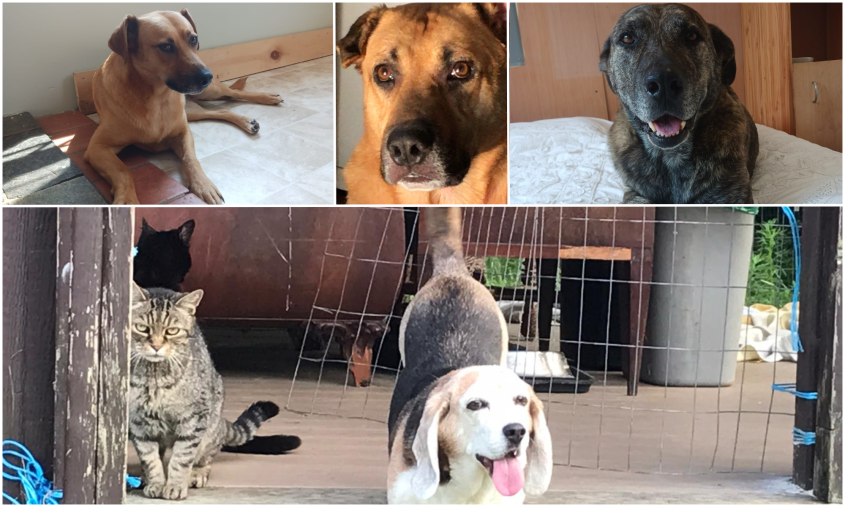Cornell provides pet travel documentation amid changing U.S. requirements
The Centers for Disease Control (CDC) backtracked last month on strict requirements about dogs returning from international travel. In May, they announced a new process with differing rules depending on the source country, and limited pet owners to using only airports with proper quarantine facilities.
Just two weeks before the Aug. 1 deadline, however, the CDC amended its policy to a fraction of the proposed requirements — apparently in response to strong outcry from the public, veterinary professionals and airlines, all voicing concern over the feasibility of meeting such comprehensive criteria. Now, dogs arriving in the U.S. from countries with a low risk of rabies, such as Canada and the European Union, only need to be at least six months old with a microchip, and owners can submit a single form and attest to the animal’s health upon arrival.
All animals, not only dogs, must be assessed before leaving or entering the country. This assessment takes the form of an international health certificate (IHC), a document that states an animal has recently been examined and meets all the criteria for travel to another country, which can only be provided by USDA-certified veterinarians.
Veterinarians at the Cornell Small Animal Community Practice are poised and ready to help would-be traveling pet owners no matter the requirements. Dr. Michelle Porter is one of three veterinarians at the community practice certified by the USDA.
“The number of certificates that we have done over the past five years has exponentially grown,” Porter said. “We used to do one every few months, but I can think of at least 16 that we have done in the past three months alone.”
Why the increase? “It is becoming more common for owners to travel with their pets instead of leaving them behind in a kennel or with a pet sitter,” Porter said.
Dr. Korana Stipetic visited the Cornell Small Animal Community Practice in July to certify her pets for an upcoming trip to Europe — four dogs and two cats will be making the journey with her. “This is the first time I have used the service, and it has been amazing,” Stipetic said. She said that while she doesn’t travel often, it was important to be able to bring the pets with her. “They are my family.”
Obtaining an IHC is not always easy and can take multiple visits to a veterinarian. Porter notes that nearly all countries require animals be microchipped and up to date on their rabies vaccine. Other countries require a rabies titer, a blood test that ensures the animal has mounted a good response to the vaccine. Still others have additional requirements, but in general each country’s criteria are unique.
Stipetic describes her visit to the Cornell Small Animal Community Practice as easy and smooth, even with six animals to certify. “I shared with them the special needs for some of my animals. I have several senior animals, and a few very frightened animals,” she said. “They guided me through the whole process, so that it was clear at each point what needed to happen, and my animals were taken care of in the way that made me feel that we were all safe, listened to and supported.”
Europe, where Stipetic will be traveling, has become stricter with their rabies vaccine standards in recent years. Veterinarians like Porter at the community practice keep abreast of evolving requirements, as Cornell has offered this service to its own community and the surrounding area for many years.
“Cornell has a very diverse population, with students and staff coming from all over the world,” Porter said. “A lot of international travel happens and so we need to be sure that there is an easy way for Cornellians to travel home with their pets.”
To ease the way for furry globetrotters, Porter advises that owners plan ahead. “We recommend starting the planning process between two and six months prior to travel, depending on location,” she said. Not every veterinary clinic has a UDSA-certified veterinarian, and in some places it can take weeks to get in for an initial consult and still more time for certain test results.
The CDC keeps its requirements up to date on its website. The USDA’s resource list for owners provides the requirements for each country, and pet owners can find a certified veterinarian on its database.
For now, Stipetic and her animals are ready for their trip. “The whole Cornell team — from the front desk, to students, techs and veterinarians — listened to our needs, met them and simply made it happen in a most gentle and kind way,” she said. “I am very grateful and still cannot believe how smoothly everything went!”
Written by Melanie Greaver Cordova







